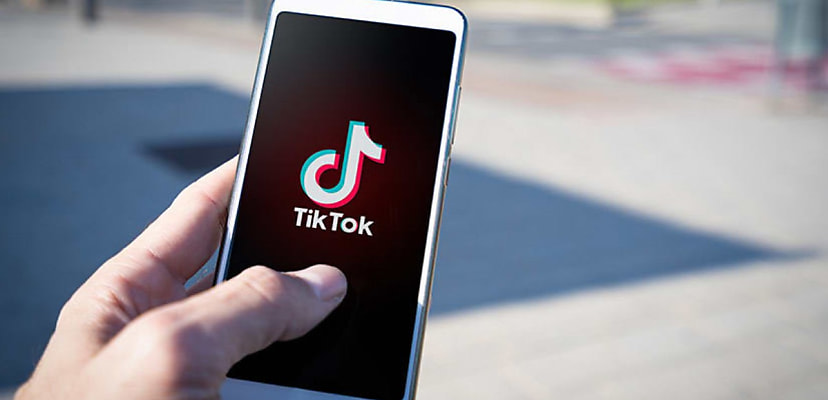Share this article on:
Powered by MOMENTUMMEDIA
Breaking news and updates daily.
Australia’s Attorney-General Mark Dreyfus has officially announced a Commonwealth ban on the TikTok social media app.

“After receiving advice from intelligence and security agencies, today I authorised the secretary of the Attorney-General’s Department to issue a mandatory direction under the Protective Security Policy Framework to prohibit the TikTok app on devices issued by Commonwealth departments and agencies,” AG Dreyfus’ short statement read.
The decision was mooted to be in progress earlier yesterday (4 April), following the handing down of the Review into Foreign Interference through Social Media Applications, which the government received a month ago.
The actual direction itself, drafted by Katherine Jones, secretary of the Attorney-General’s Department, offers more detail.
“The TikTok application poses significant security and privacy risks to non-corporate Commonwealth entities arising from extensive collection of user data and exposure to extrajudicial directions from a foreign government that conflict with Australian law,” Jones said in Protective Security Policy Framework, Direction 001-2023.
The directive then goes on to state that the “installation of the TikTok application on government devices poses a significant protective security risk to the Commonwealth”, before stating the exceptions where TikTok may be used and how it is to be used.
Essentially, if a good business case can be made for the app’s installation and use, and if it can be used safely, TikTok can stay. However, once that business case has been answered, it should be deleted immediately.
The chief security officer of any given Commonwealth entity will be the arbiter of the app’s use.
However, the directive makes it clear that the ban only covers the use of the app itself, not TikTok’s website.
“This direction applies only to the TikTok application and does not restrict access to TikTok through the use of a web interface (for example, accessing through a website),” a footnote read.
Given that websites are more than capable of collecting troves of personal data, it is hard to see how this directive truly answers the challenges of privacy concerns over the app. Moreover, a website can be given access to a device’s camera and microphone, for instance.
The AG's department, however, believes the web version of the application to be far less of a threat.
"The TikTok mobile application presents a heightened risk because of its extensive collection of user data and its exposure to extra-judicial directives by a foreign government that conflict with Australian law," a spokesperson for the Attorney-General's Department told us.
Nonetheless, the move has been welcomed by the Australian Computing Society.
“It is heartening to see the government acting promptly on the advice of cybersecurity experts and our intelligence agencies,” Dr Nick Tate, the president of the ACS said in a statement. “The security implications of TikTok on government and personal devices has been a concern for some time so it is important to be taking proactive steps.”
But Chinese authorities have already shared their displeasure over the ban. Chinese foreign ministry spokesperson Mao Ning called out the TikTok ban at a daily press conference overnight.
“We noted the reports and have made solemn démarches to the Australian side," Mao said.
"China always believes that digital security should not be used as a tool to suppress foreign companies in an overstretch of the concept of national security and abuse of state power. We urge Australia to earnestly observe the rules of market economy and the principle of fair competition, and provide a fair, transparent and non-discriminatory environment for Chinese companies.”

David Hollingworth has been writing about technology for over 20 years, and has worked for a range of print and online titles in his career. He is enjoying getting to grips with cyber security, especially when it lets him talk about Lego.
Be the first to hear the latest developments in the cyber industry.